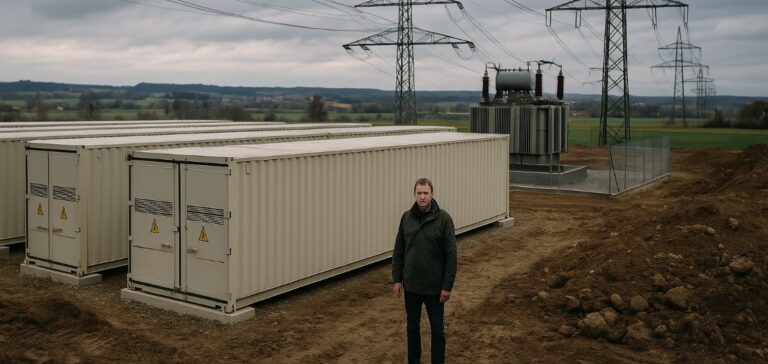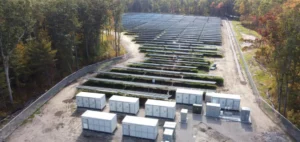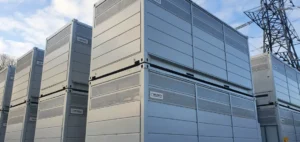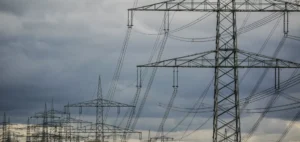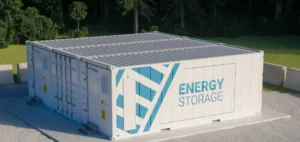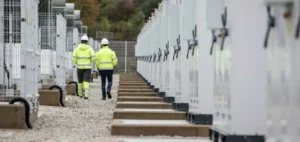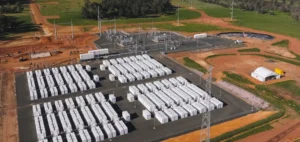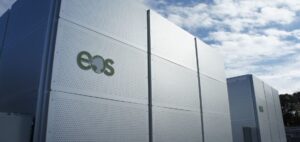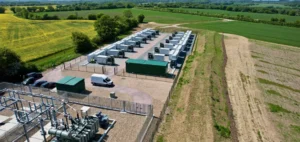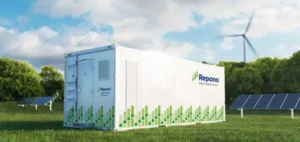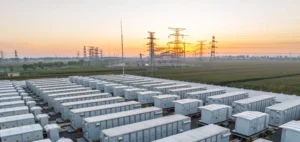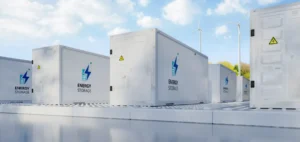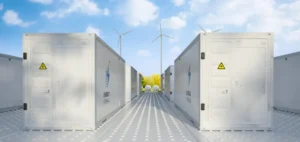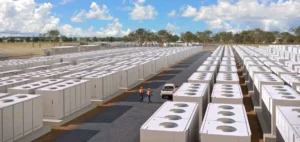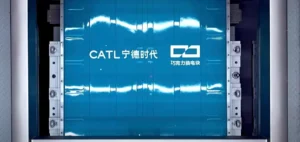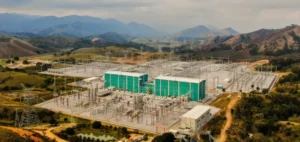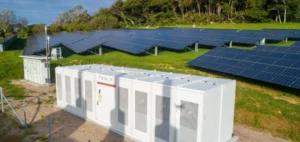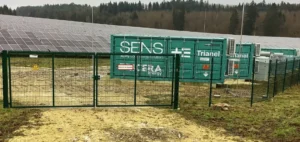The company green flexibility has announced the construction of an energy storage facility with a capacity of 90 MWh in Obergünzburg, southern Bavaria. The site, with a nominal output of 40 MW, will become the largest battery system in the Swabia region. The total investment is estimated at €35 mn (approximately $37.7 mn). Commissioning is scheduled to be completed by the end of 2026, as outlined by the project developer.
High-capacity storage for renewable electricity surpluses
This infrastructure is designed to absorb surplus electricity generated from solar and wind sources in the region. It will be able to feed energy into the power grid during peak demand periods, thereby contributing to load balancing. Obergünzburg was selected due to its role as a local grid hub, where operational flexibility requirements are steadily increasing.
The installation includes a direct connection to the high-voltage grid via a dedicated transformer substation, allowing for fast and stable injection of stored electricity. This integration approach ensures effective responsiveness to the regional electricity system’s demands while minimising transmission losses.
Coordinated use with grid operators
In addition to its role as a buffer for renewable surpluses, the facility will also be operated in a “grid-neutral” mode, as agreed with local network operators. This means the system will not only react to national market signals but will also follow specific instructions aimed at maintaining the stability of the local electricity infrastructure.
The project reflects green flexibility’s industrial strategy of developing storage capacity in collaboration with grid managers. According to Christoph Lienert, co-founder and managing director of the company, this approach helps address the growing demand for storage in areas where renewable production facilities have expanded rapidly.
Development aligned with local production capacity
The municipality of Obergünzburg, which currently produces more electricity than it consumes, welcomed the initiative. Mayor Lars Leveringhaus stated that the project represents a cost-effective and functional solution to the storage issue, in line with the local electricity market conditions. He noted that the facility would benefit the wider region beyond the town’s boundaries.
The region has experienced sustained investment in photovoltaic and wind technologies in recent years. The development of a large-scale storage facility is viewed by industry players as a logical step in the evolution of the regional energy mix, in response to the increasing intermittency of power generation.

